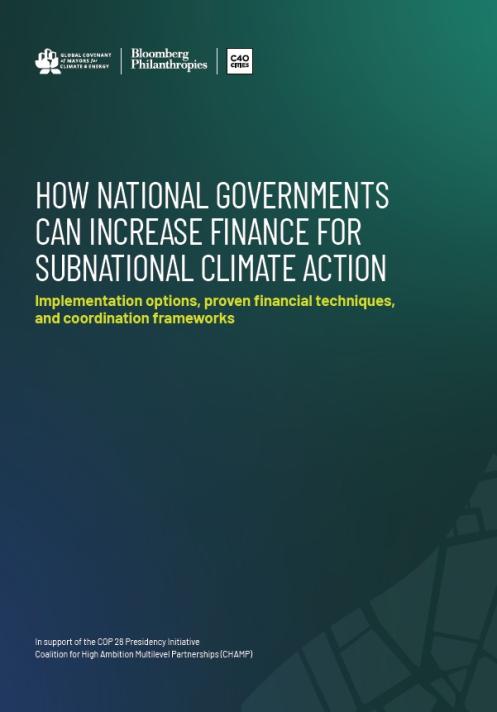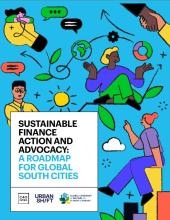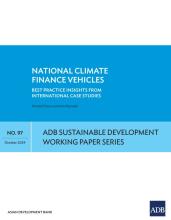Guide

How National Governments Can Increase Finance for Subnational Climate Action
This report is aimed at defining implementation options for national governments to significantly scale up finance for subnational climate action in close partnership with subnational governments, development partners, and the private sector.
Given that cities alone account for 70% of greenhouse gas emissions, the large-scale benefits of subnational climate action to citizens are embedded in both the Sustainable Development Goals (SDGs) and international climate goals. Subnational climate action includes improved local infrastructure services such as water and sanitation, waste management, sustainable transportation, clean energy, energy-efficient buildings, and disaster prevention and recovery (e.g., flood management). Consequently, reducing climate risk in subnational jurisdictions protects people, property, and livelihoods from climate disasters, helping to reduce budgetary outlays following extreme climate events while safeguarding national economies and enabling prosperity. This report from the Global Covenant of Mayors for Climate & Energy, Bloomberg Philanthropies, and C40 Cities offers implementation options, proven financial techniques, and coordination frameworks to boost subnational climate action.

Sustainable Finance Action and Advocacy: A Roadmap for Global South Cities
Commissioned by C40 Cities, the Global Covenant of Mayors for Climate and Energy (GCoM), and UrbanShift, this Roadmap provides evidence-backed insights, policy recommendations, and tools for Global South city mayors.

UrbanShift Annual Report 2023-2024
With a focus on accelerating urban climate finance and multi-level government, UrbanShift's third annual report dives into stories of progress and innovative ideas from across our network.

Clean Air Zone Toolbox
This toolbox is for all C40 and non-C40 cities planning, developing and implementing Clean Air Zone policies.

National Climate Finance Vehicles: Best Practice Insights from International Case Studies
The report presents a model design framework and readiness criteria for clarifying the key factors supporting effective operation and achieving prioritized climate outcomes and sustainable development.
